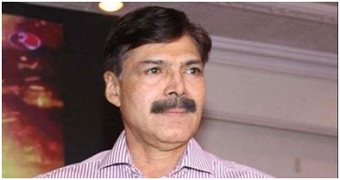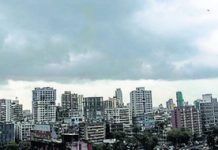Speaking on the occasion of Veterans Day of the Central Reserve Police Force (CRPF) Mr. K Vijay Kumar, Senior Security Adviser in the Ministry of Home Affairs (MHA) said that by the year 2040, the line between private and public security would blur and there would hardly be any difference between the two. He said that the resources of public security would be used by the private sector in future and for the sake of national security “we have to align and work together.”
“At present the security forces are associated with the private world in a very conservative and limited way. By 2040, you will find the blurring of private and public security; there will be hardly any difference, the facilities of public security forces will be shared by private security,” he said. “Do not be surprised if the private security agencies are going to give money to the government security organisations to use their facilities”, he added.
Adressing the gathering he said that the security system which they (private agencies) are going to give will be super sensitive, so there is no way the users could tell the difference between private or public security. “For the sake of national security, we have to align and work together,” said Mr. Kumar, a former Director General of CRPF.
He also told the gathering that many police forces across the world had resisted the use of body cameras as sometimes opacity was welcome. “Too much transparency will put you in the limelight and problems, such gadgets will make the upkeep of every jawan very costly in future. The per capita maintenance of constables is going to be too high,” he pointed out.
It may not be out of place to mention that Mr. Amit Shah, the Union Home Minister, had previously said the Central Industrial Security Force (CISF) should work out a hybrid arrangement with the private security agencies under which the para-military force can prepare the security framework for guarding the private sector industries and installations and train the private personnel accordingly. Once they are fully ready with such hand-holding by CISF, the latter can step back and hand full charge to the private security personnel, he had suggested.
Stating that the role of private security agencies was expanding rapidly as the nation progressed from a $2.5 trillion economy into a $5 trillion one, Mr. Shah said CISF should take the responsibility of training the private security agencies and enhancing their efficiency to secure the country’s industrial sector.
Clearly, such statements emanating from the ministry of home affairs can only mean that the future for the private security industry (PSI) looks bright, and that they can expect an expanded role to take on some of the responsibilities of the public security forces, fuelling the sector’s market expansion.








